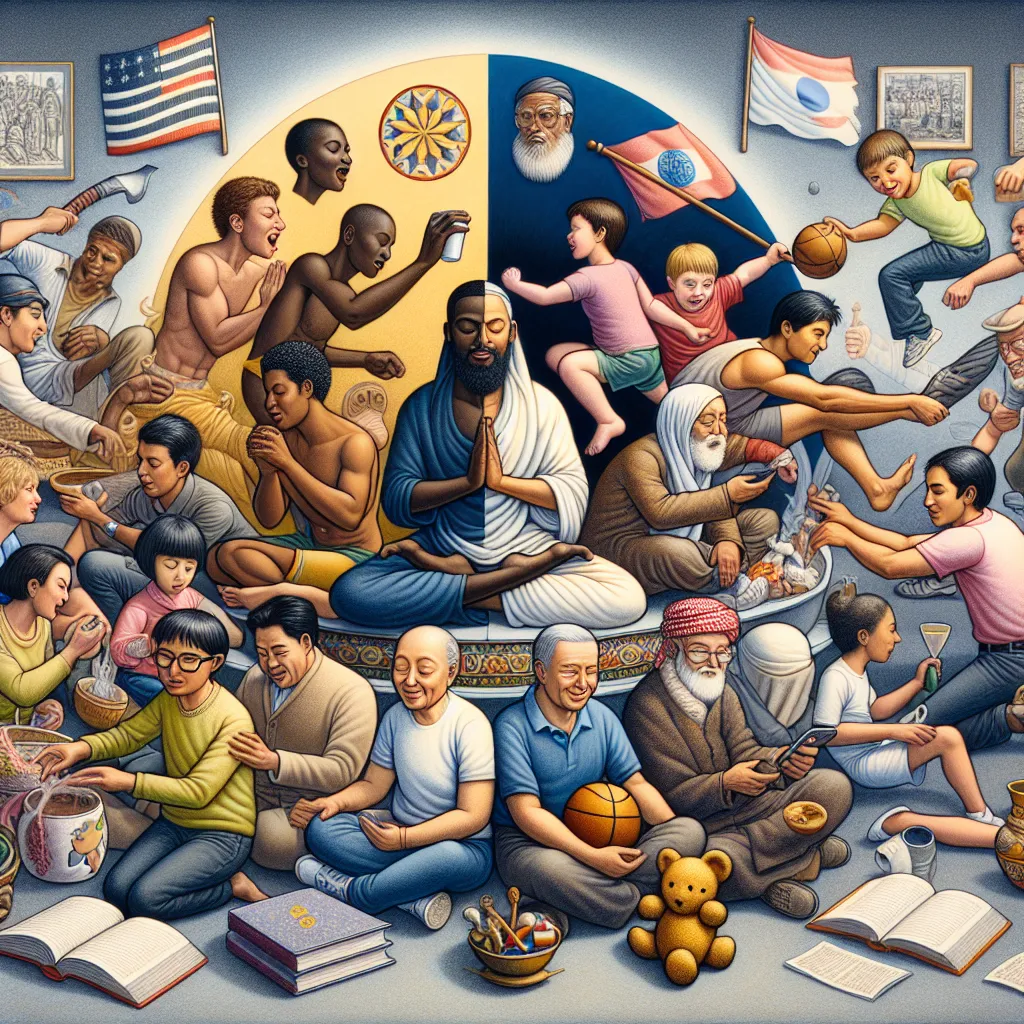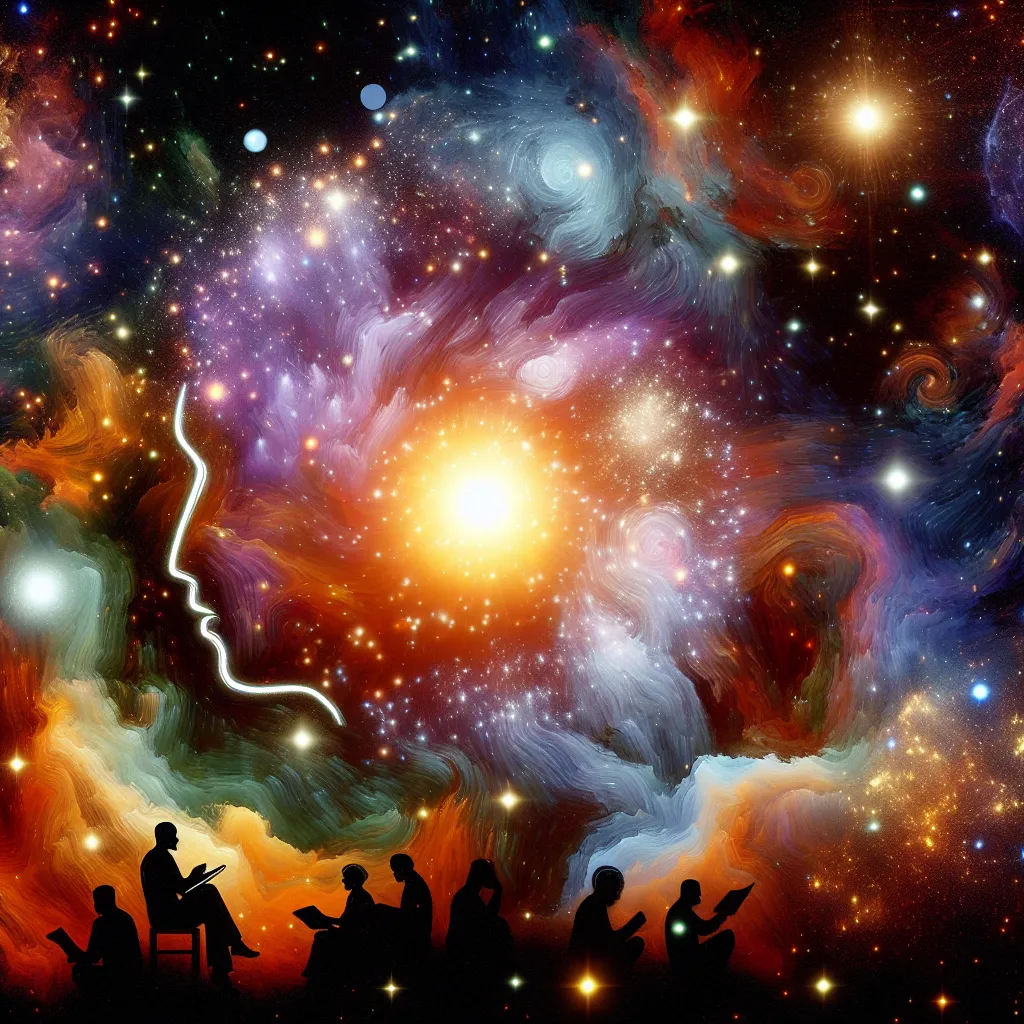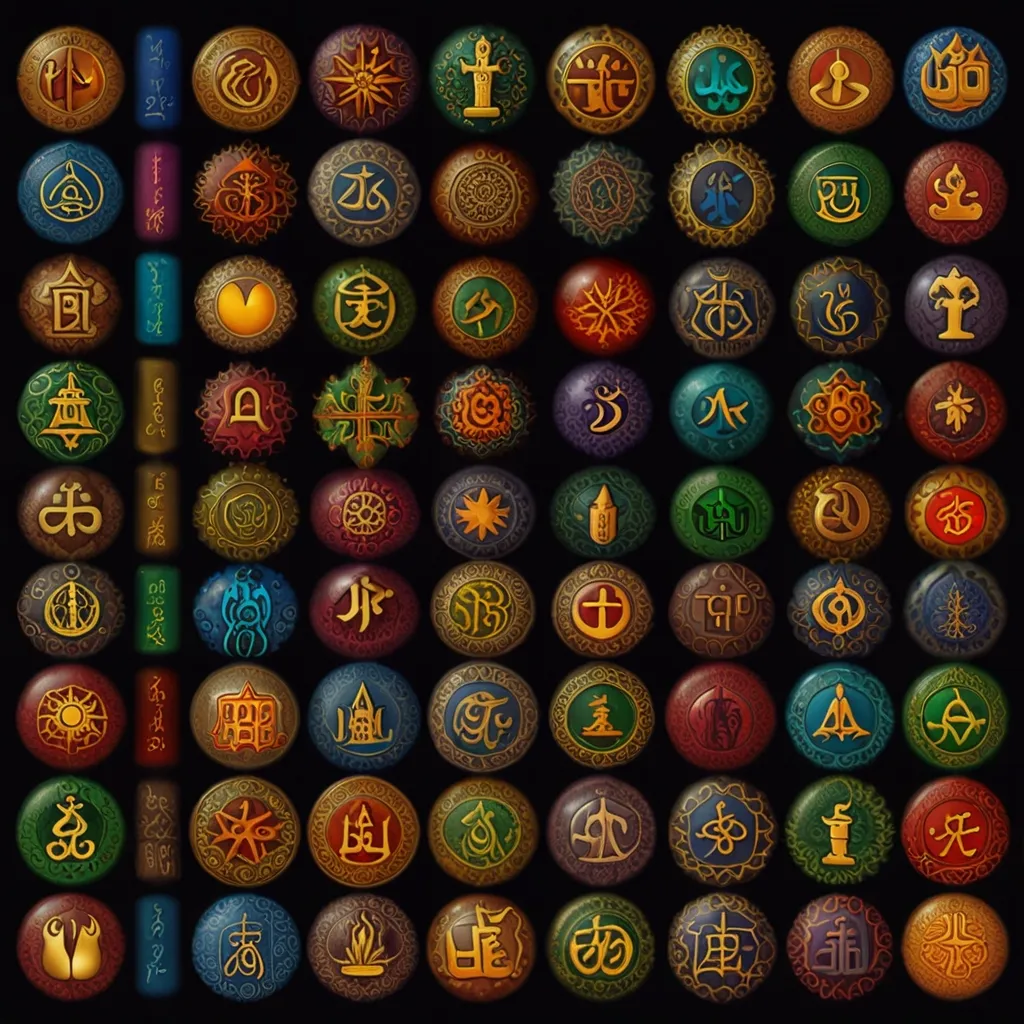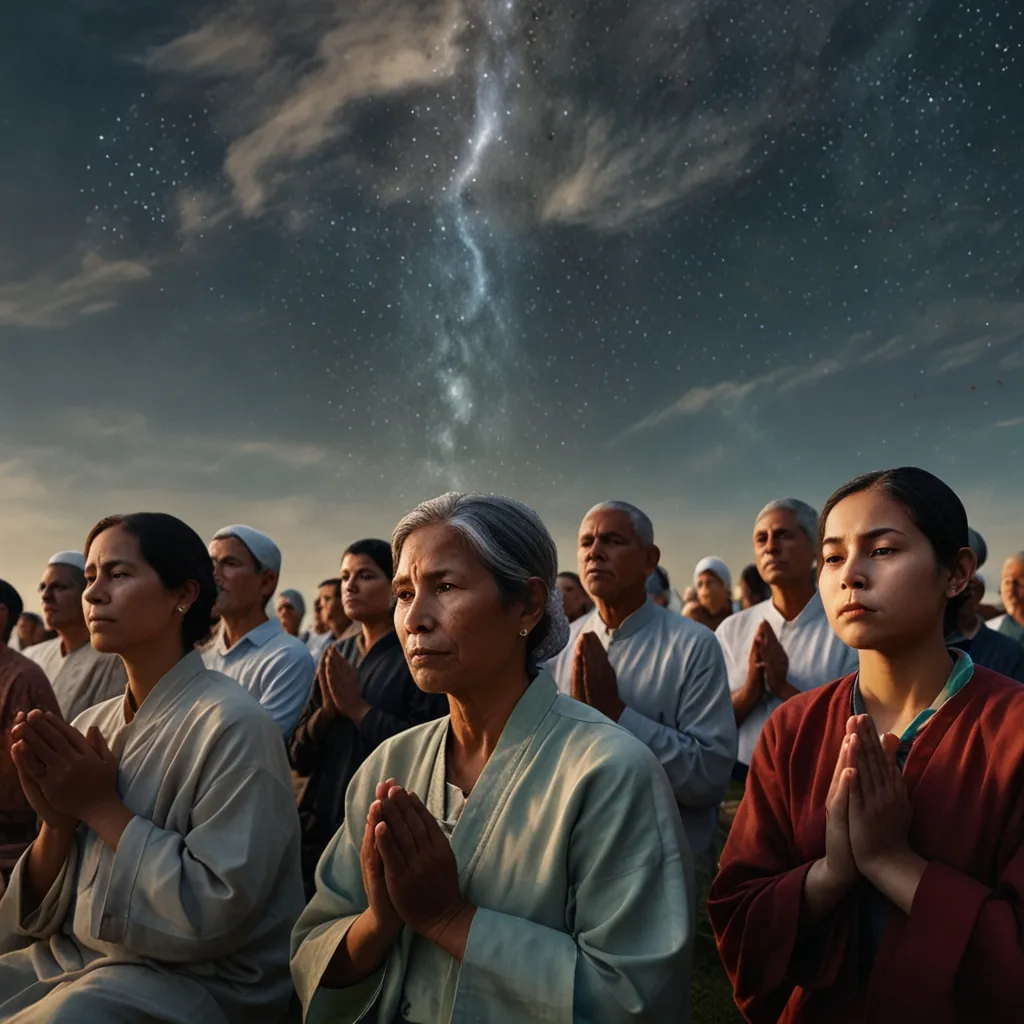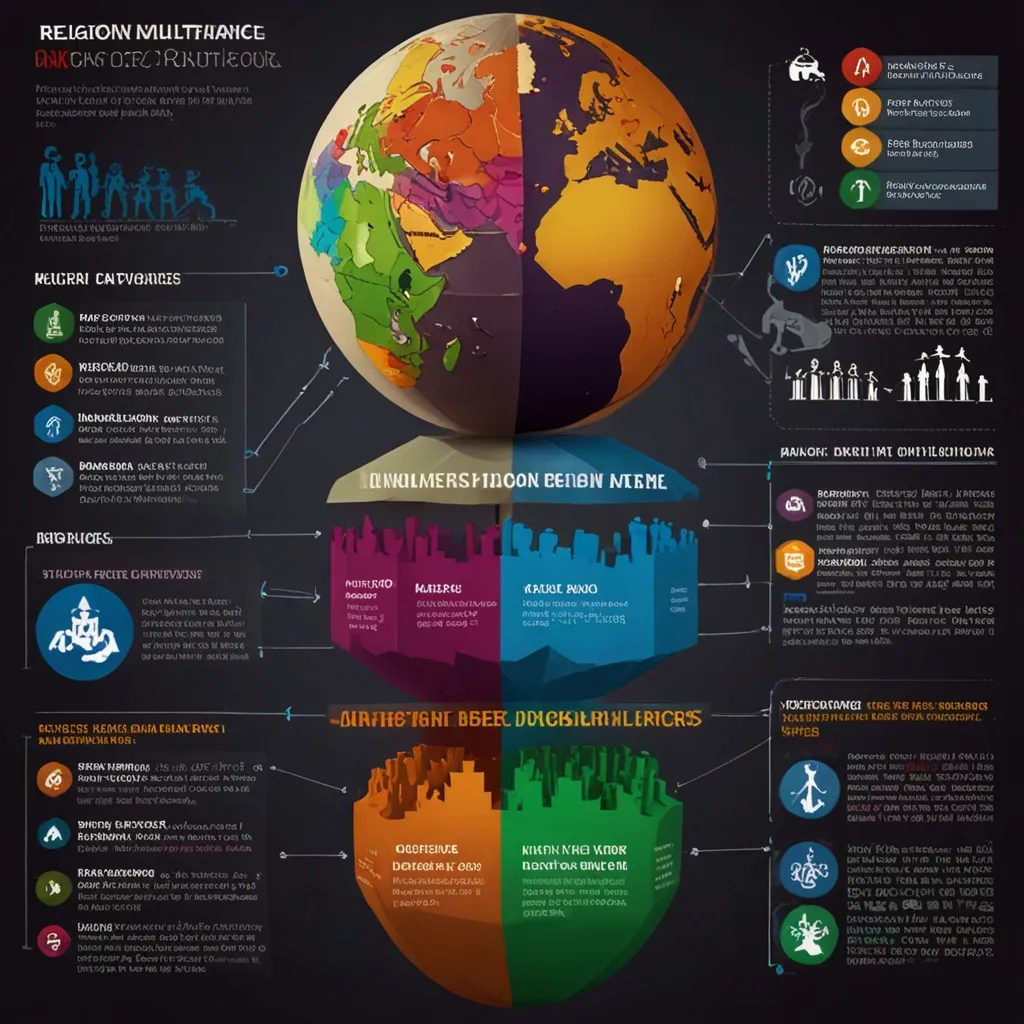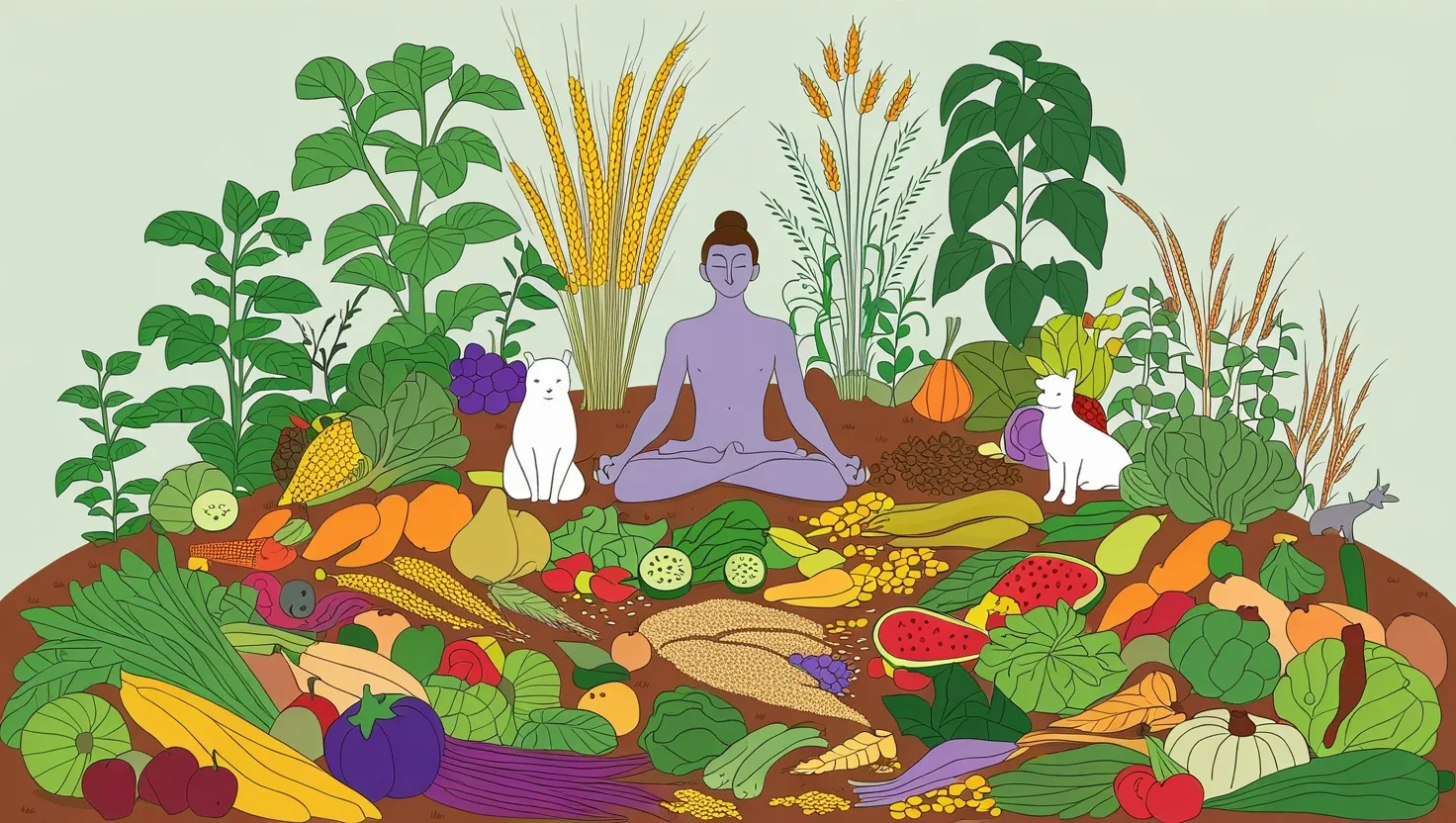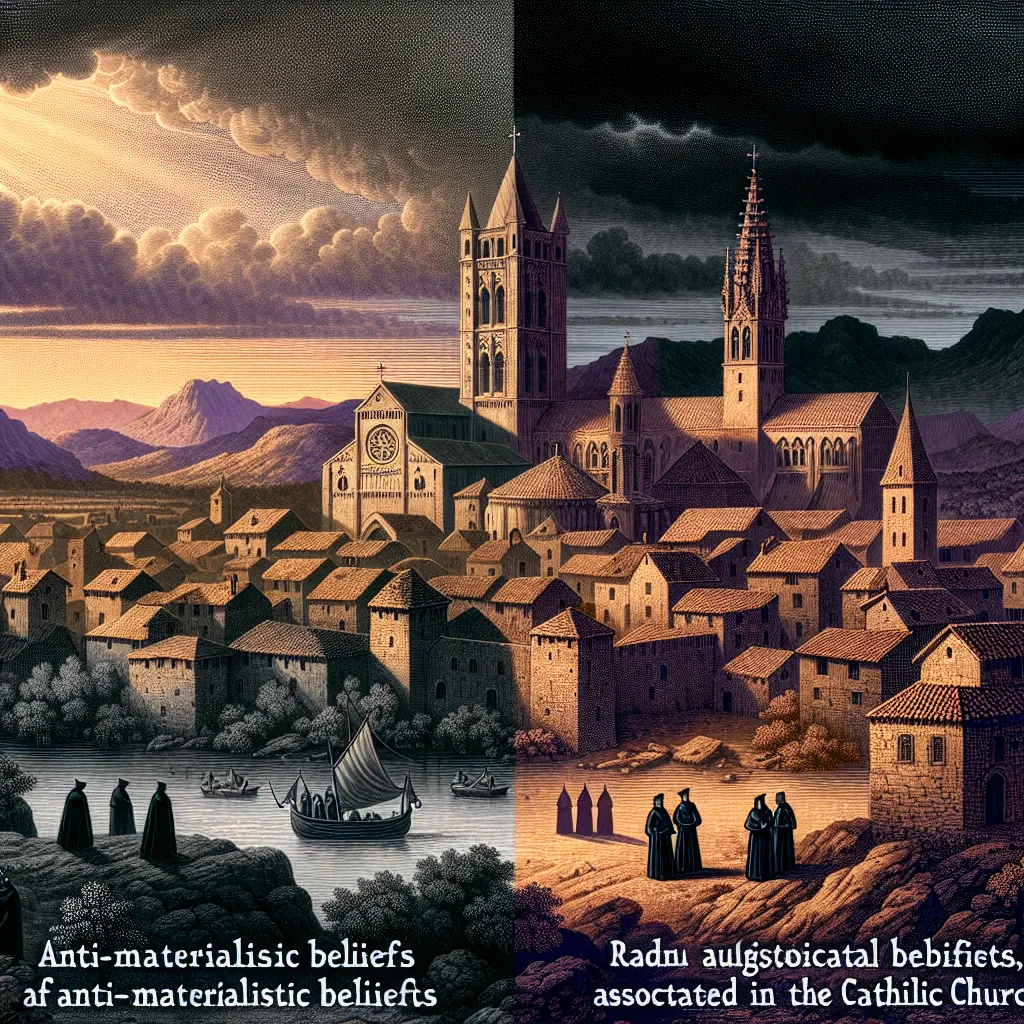Hey folks! Let’s dive into some thought-provoking stuff—religion. First things first, defining “religion” is tricky business. We’ve got a bunch of scholars each singing a different tune about what it even means. Spoiler: by the end of this chat, you might feel more lost than found, but that’s kind of the fun, right?
So, what’s “religion”? Edward B. Taylor called it “belief in supernatural beings.” Sounds neat, but it’s pretty narrow. Then there’s Clifford Geertz, who said it’s a system of symbols creating moods and motivations that seem very real to people. Fancy, but, again, complex. See, each definition, though popular, leaves out chunks of what others see as religion.
Now, think of a painting. Is it art or religion? Maybe both? It blurs together. The same goes for things like football or Scientology—depends on how you slice it. Scholars like Emile Durkheim saw religion as a social glue, like a nation’s flag. It’s a set of practices making a group cohesive. By worshipping the totem in a tribe, people worship their tribe.
Then there’s Sigmund Freud, who wasn’t a fan. He compared religion to a security blanket, like a teddy bear for grown-ups, something we might be better off without.
The tricky part is many ideas about religion come from Western viewpoints. For instance, Western culture sees religion primarily about faith. But ask a Hindu or Muslim, and they’d likely mention practices, behaviors, or even family. It’s a totally different vibe.
Let’s imagine Sweden, which considers itself secular. Yet outsiders might see them as highly religious because of their societal care for the elderly and welfare systems. Religion, to them, means community care, not just church and God.
Here’s the kicker: the Western idea of religion heavily stems from Christianity. When Christian empires spread, they slapped the “religion” label on diverse local systems, simplifying complex traditions. Take the education in Europe—religions get boxed into categories: man (like Jesus), text (like the Bible), and faith. But this doesn’t fit non-Christian traditions neatly.
In the past, and still in many places, religion and other life aspects are tightly interwoven. Politics, sports, culture—it’s all intermingled, not in separate boxes. Sweden’s culture, despite its secular claims, oozes Christianity—from its flagged cross to its weekend structure.
Take Talal Asad’s view for a spin: religion and culture aren’t separate entities but constructs molded by Western thought. He suggests the lines between these ideas are blurry. Though not everyone agrees, his point shakes up our understanding.
While debating religion’s meaning can feel like wrangling snakes, it’s a word for a reason. It’s an analytical tool, though a precarious one. We use it cautiously, knowing the vast spectrum it covers—from the beautiful to the brutal.
So, that’s the wild ride through the world of defining religion. It’s messy, fascinating, and endlessly debated. Catch you later!
